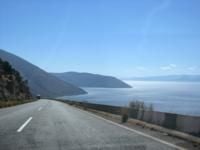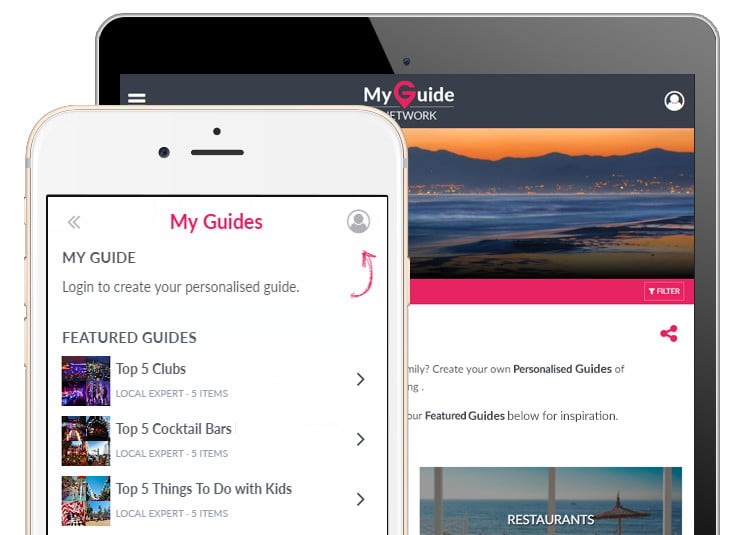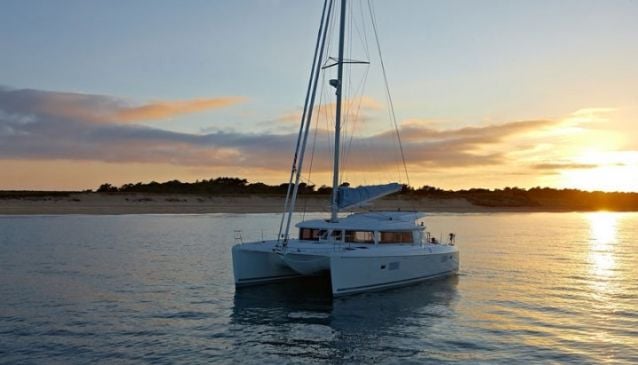Driving information
A common way to explore the beauties of the Greek islands is through their road network. Driving around is always interesting, with landscape variety, a combination of country - or even mountain roads, depending on the part of Greece you have chosen.
Roads, especially on the bigger islands, are wide and in good condition, and of course properly signed. Historic locations and archeological sites have dedicated signs coloured in light brown.
When driving in Greece, you can use your EU, US or International drivers license. You should always keep it with you (or in the car), together with your passport and the vehicle’s insurance documents at all times, as they will be requested in case of road inspection (from the local police) or if you are involved in an accident.
Greeks always drive on the right, as in continental Europe. Newcomers and visitors might find it a bit difficult to cope with, especially for the first time. Greeks, usually the locals, tend to be fast on the road. In summer time, if you pick one of the most ‘hot’ and crowded islands (like Santorini, Mykonos, Paros, Kos or Skiathos) it requires your fulltime attention, especially on motor bikes. Most of them are commonly rentals, being given to foreigners rather easily, without prior experience.
The Smaller-sized islands within Cyclades or Dodecanese have a number of narrow country roads, with sharp turns, and poor night lighting, requiring extra care and lower speeds over night.
Small islands like Spetses and Hydra (from Argo-Saronic Gulf) or Delos and very small Aegean Sea islands do not allow the use of cars. You might locally rent a bike or bicycle to move around.
If you decide to go for a rental, it will be easy to find an international Car Rental company, as well as a number of local ones, on most of the Greek islands. Before you sign, ensure that you have a 24-hour line to contact, in the case of emergency or you face mechanical problems.
In any case of Emergency, multilingual assistance can be reached by simply dialing 112. Information is provided in Greek, English and French regarding ambulance services, fire brigade, police and the coast guard.
Always wear a seatbelt, or a helmet on bikes. Youngsters under 18 years old are not allowed to drive and children under 10 years old must sit in the back sit. Always obey the posted limits. The speed limit is normally 50km per hour in urban areas, even lower inside towns, and 120km on highways.
Fines for traffic offenses and regulations are strict and expensive. They could start from 200 Euros, up to 1200 Euros and a probable temporary loss of license for the serious ones. It can be common to get a parking ticket, especially on the crowded islands. Municipalities offer parking areas, sometimes for free, but there isn't always enough space.
In case of an accident, always ask for a report from the local police authorities, calling them to show up, and if it is a rental, preferably inform the local office for further advice.
You may also find it practical to keep the following 3-digit numbers inside your car:
100 for Police
199 for Fires and
166 for Ambulance Service
or
The Automobile and Touring Club of Greece (ELPA)
395 Mesogion Ave., Agia Paraskevi, 153 43, Athens
Tel +30 (210) 6068 8000; Fax +30 (210) 6068 8981
For Road Assistance call ELPA at 10400












